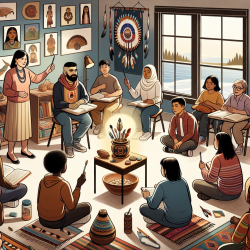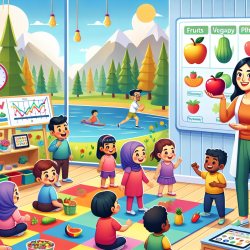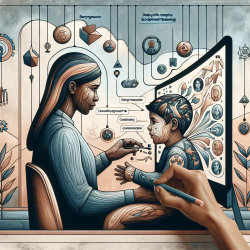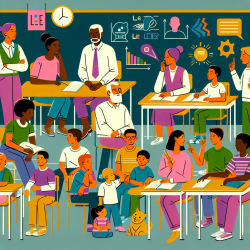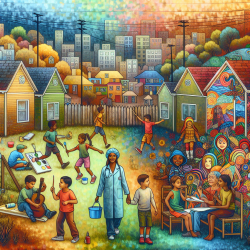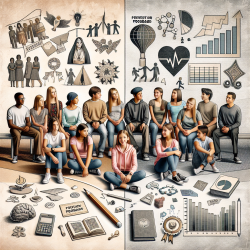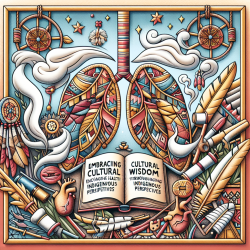Introduction
The journey of Indigenous students in rehabilitation programs is a complex one, filled with challenges and opportunities for growth. The research article "Diversity and Development of Indigenous Rehabilitation Professional Student Identity" provides valuable insights into how Indigenous students navigate their identities while pursuing professional education. This blog explores the key findings of the research and offers practical advice for practitioners seeking to enhance their skills and support Indigenous students in their academic and professional journeys.
Understanding Indigenous Identity in Education
Indigenous students often face unique challenges in post-secondary education, particularly in health-related fields. The research highlights the importance of understanding and supporting Indigenous identity as a crucial factor in student success. It emphasizes that developing a strong Indigenous identity can be both a source of strength and a challenge within the context of a colonized educational environment.
Key Findings from the Research
- Indigenous students appreciate the opportunities provided by Indigenous-specific admission categories, which affirm their identity but also bring concerns about stigma.
- The complexity of developing a professional identity is compounded by the need to navigate and maintain an Indigenous identity in a predominantly Western educational system.
- Support systems, such as Indigenous resource programs and culturally relevant counseling, play a significant role in student success.
- Indigenous students benefit from a sense of community and support among peers and mentors, which can be fostered through targeted programs and initiatives.
Practical Steps for Practitioners
Practitioners can take several steps to support Indigenous students in their educational and professional development:
- Foster an inclusive and supportive environment that acknowledges and respects Indigenous identities.
- Provide access to Indigenous-specific resources and support services, such as cultural counseling and mentorship programs.
- Encourage open dialogue about cultural identity and its impact on professional development.
- Incorporate Indigenous perspectives and knowledge into the curriculum to create a more culturally relevant learning experience.
Encouraging Further Research
While the research provides valuable insights, it also highlights the need for further exploration into the experiences of Indigenous students in rehabilitation programs. Practitioners are encouraged to engage in ongoing research and dialogue to better understand and address the unique challenges faced by Indigenous students.
To read the original research paper, please follow this link: Diversity and development of Indigenous rehabilitation professional student identity.
